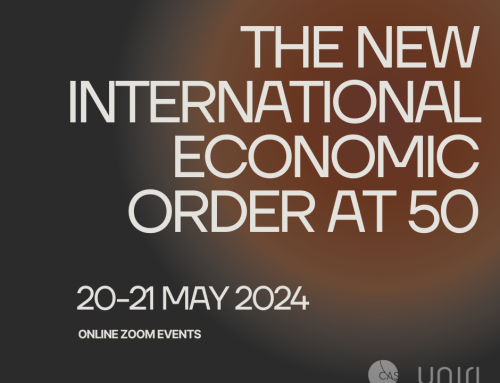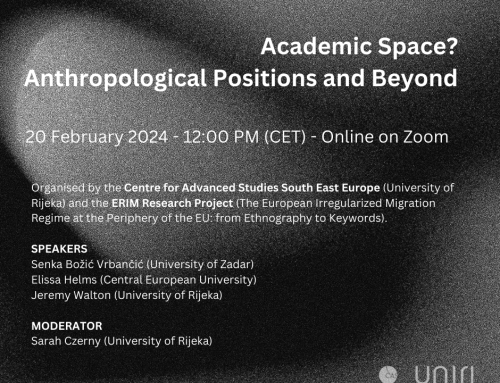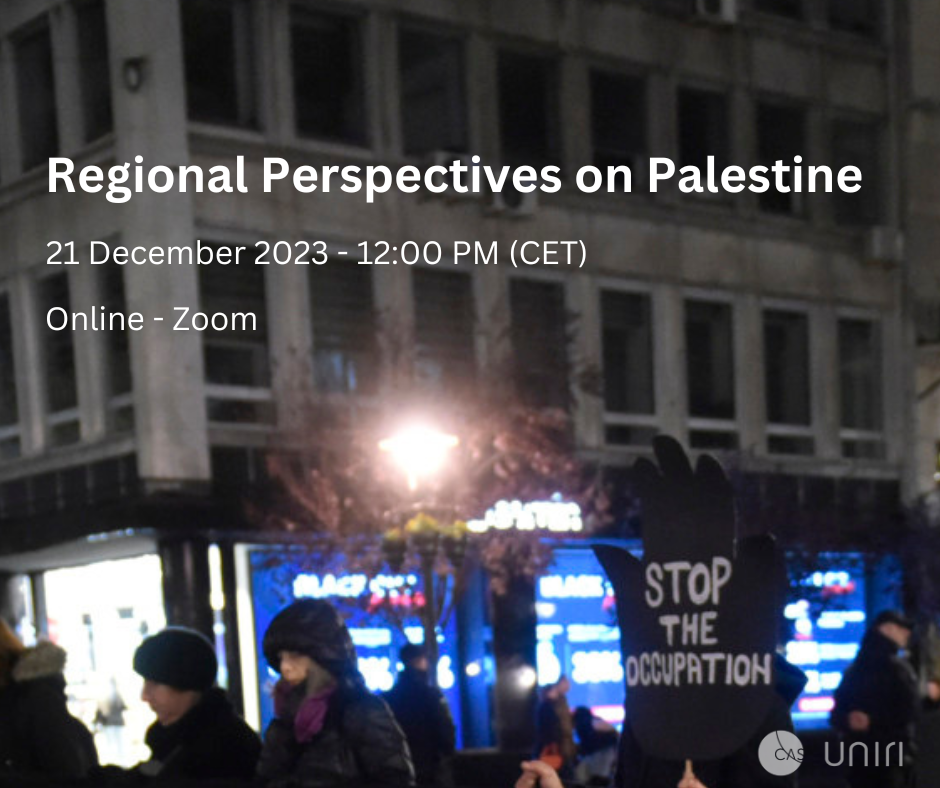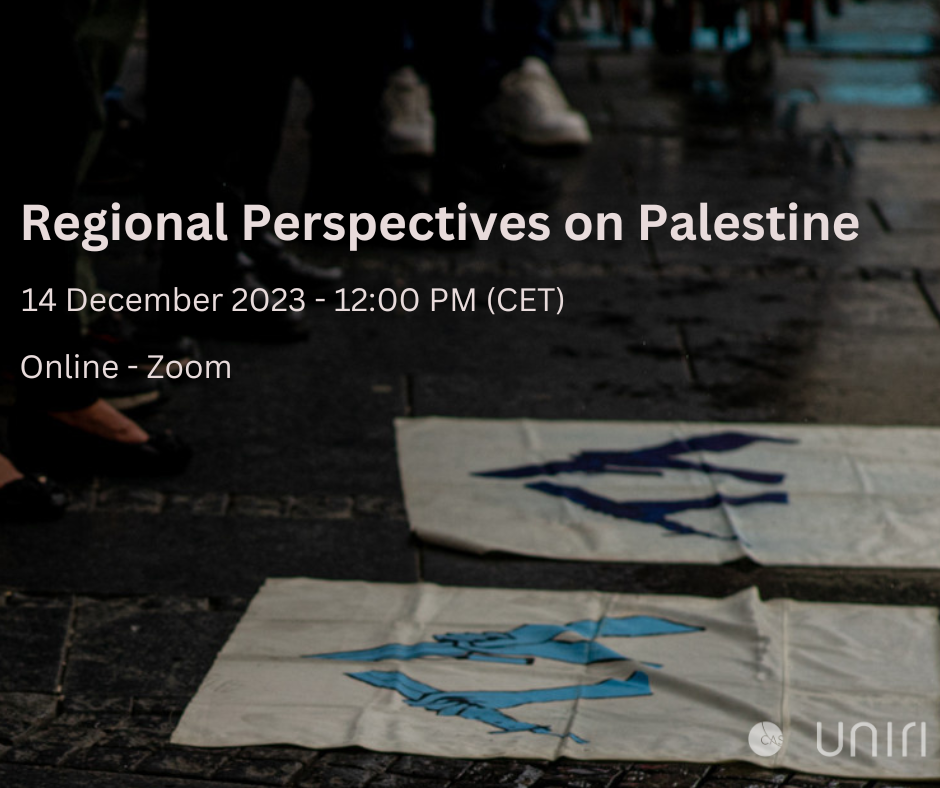“Za dom spremni!” Transnationalism, Diaspora Politics and Croatian Separatist Terrorism.
Of the myriad terrorist organizations that emerged in the late 1960s and 1970s, those supporting the destruction of socialist Yugoslavia and the establishment of an independent Croatia were among the most active. In one ten year period, Croatian separatists committed no fewer than 52 noteworthy incidents of violence in Australia. Elsewhere—including West Germany, the United States, and within Yugoslavia itself—émigré Croat radicals were responsible for more than fifty assassinations or assassination attempts, forty bombings of public buildings and monuments, and two airplane hijackings during the same time. This talk examines how transnational structures and frames stimulated émigré political actors to first imagine, then develop and finally justify the decision to incorporate violence into their repertoires of political engagement. The talk focuses on how difficulties arising from the fact that the Croatian diaspora existed in ‘landscapes’ as much as ‘lands’ helped define and delimit the repertoires of political action taken up by radicals. The internal and external pressures of being forced to operate in transnational space led Croatian radicals to cultivate a culture of abandonment, betrayal, and persecution, in which the Croats were portrayed as a nation of victims without allies. This helped precipitate a radicalization of the separatist movement, as many within the Croatia diaspora increasingly became convinced that only “self-initiated action”—i.e. political violence and terrorism—could hasten the establishment of an independent Croatian state.





